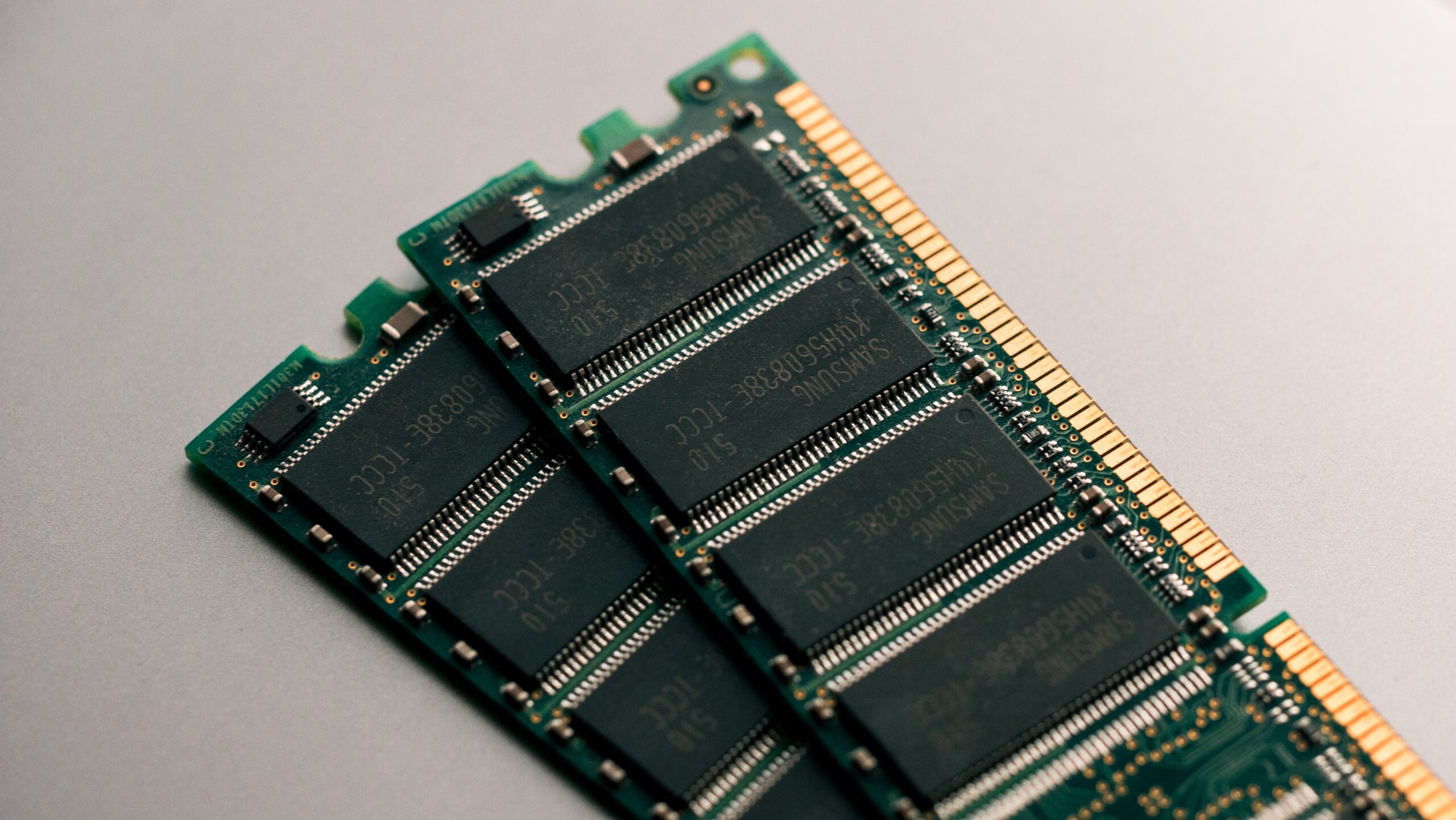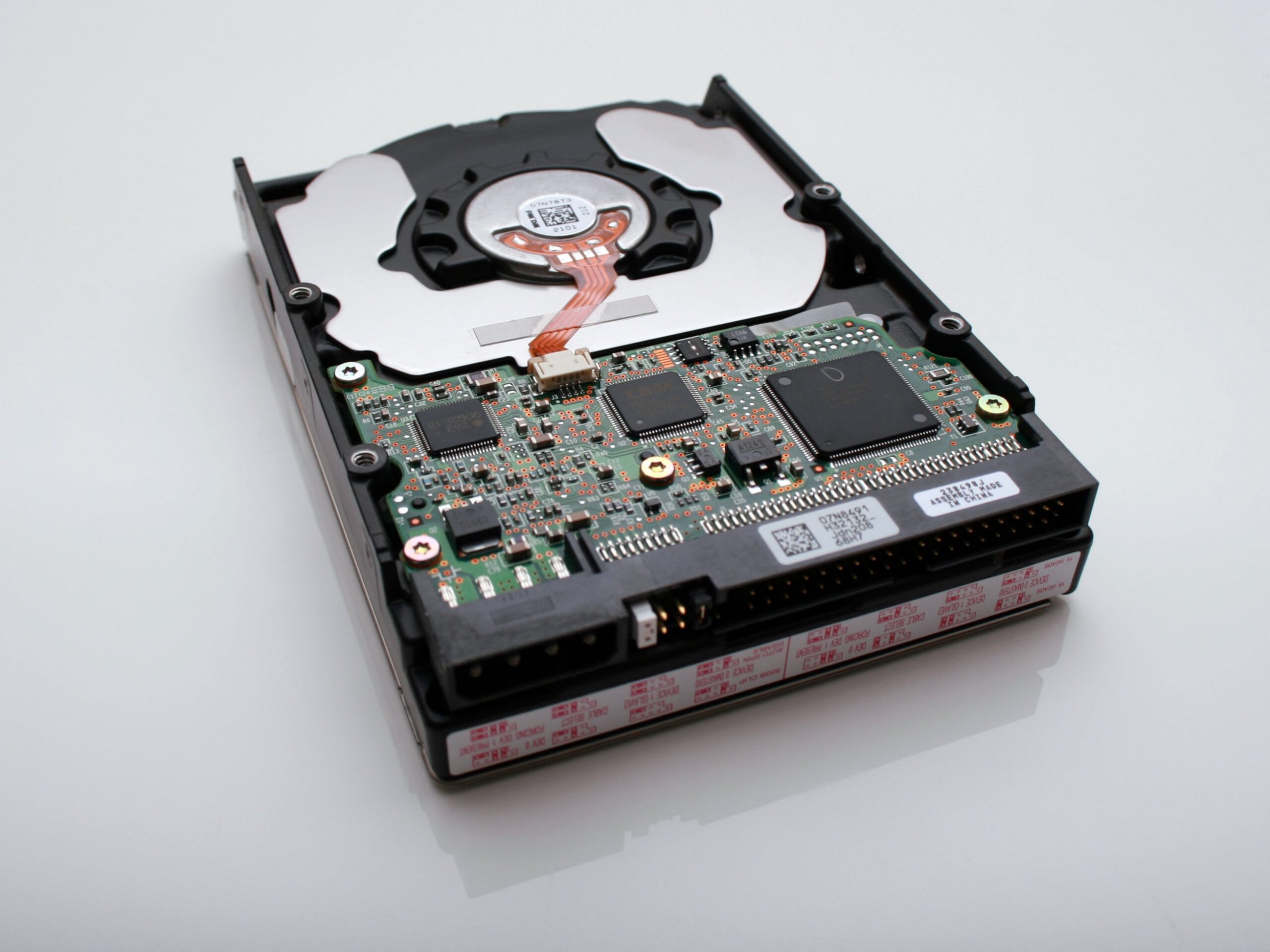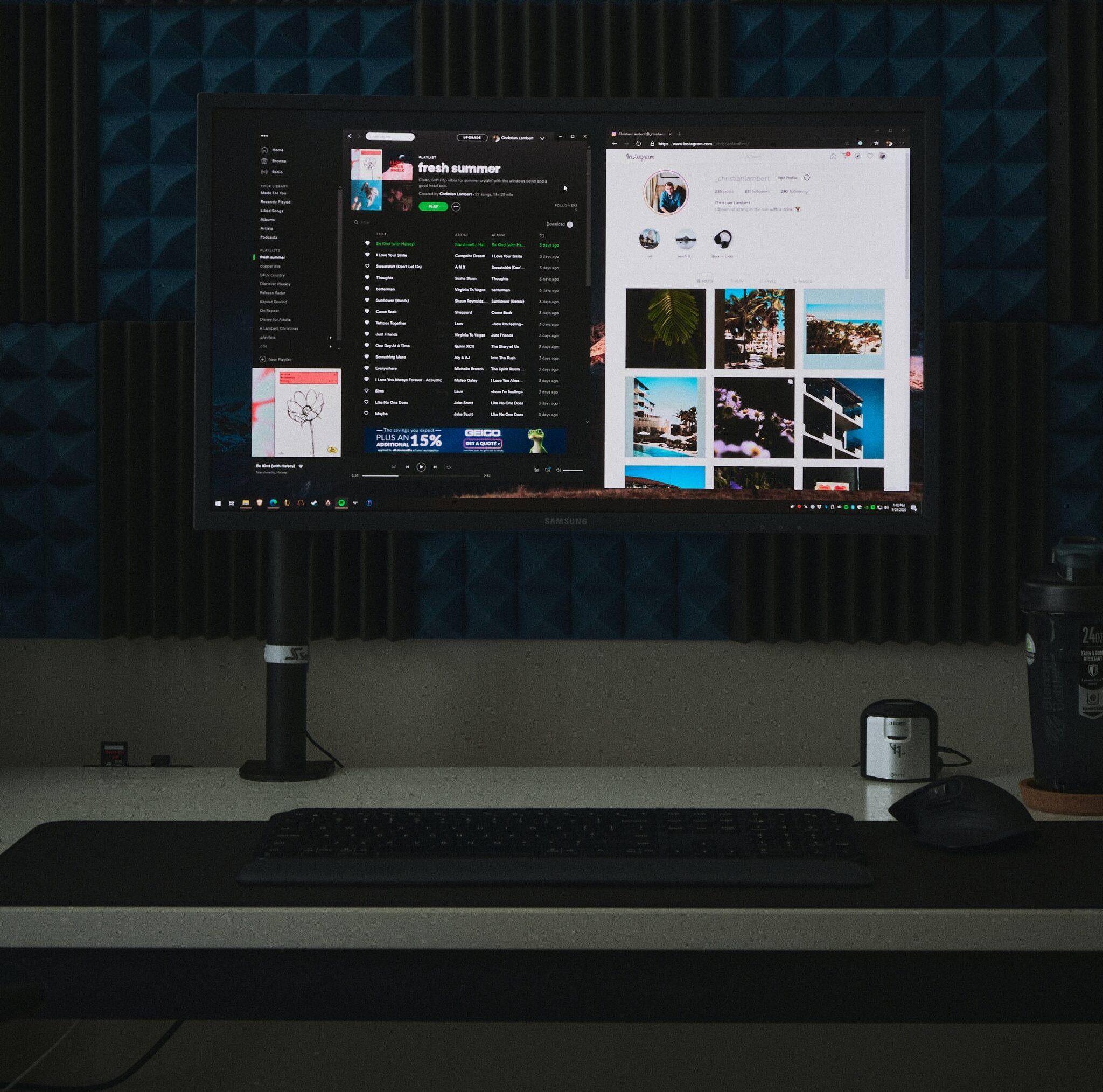How many times have you relied on a salesperson’s advice only to end up disappointed with the product? Chances are, a few times just like myself! And ….with so much computer repair technical jargon and $ at stake, a keen to make a commission salesperson can sometimes really stuff things up…. After all, you are probably not the only one that expertly nods and looks with interest when hearing a whole lot of nonsense the sales assistant seems to be very happy about….Come one! Admit it! I have done it! And so have you!
Purchasing a computer is a reasonable and somewhat long-term investment. Most people will be using it to communicate to friends and family, store and edit treasured family photos and videos, play games and music, do work and so on (Notice how ‘work’ is in the last spot?…Do you think the boss will think this is significant?). Therefore, selecting the correct machine is very important.
The type of use that you want to get out of the computer will determine what specifications you need to look for when shopping. The processing brain of the computer is the Processor. It is one of the two major contributors to how fast the computer will operate overall. There are two major processor manufacturers – Intel and AMD. At the moment, Intel processors are considered far superior to AMD processors. Also be aware of the clock speed the processor can achieve (this is given in gigahertz and is often advertised like 2.4GHz). The last thing to take note of is which ‘family’ the processor belongs to…. no I am not talking about the Adams Family here….and not even the Simpsons…. Currently Intel’s family range spans out with i7, i5, i3, Core2Duo, Pentium Dual and Celeron Dual in order of top to bottom of range. It is usually better to have something of the higher family even if the clock speed is slightly lower than a cheaper computer with a lower range processor but higher clock speed.
How are you feeling? Still with me? Do you want to go on? Or are you ready to call me at our computer repairs lab on 1300 883 021? No?
The second major thing to worry about is the RAM.

This is the fast access memory a computer will use during its operation and running of programs. How much RAM you need will depend on two factors: which version of Windows does the computer come with and what you will use the computer for. As most computers come with Windows 7, a general offering of 2 gigabytes (2 GB) of RAM will be more than sufficient for most users. Power users may like to opt for 3 or 4 gigabytes, if for example, heavy video editing is required. Also try to find a computer that is using DDR3 RAM instead of DDR2, as this will ensure you are getting the latest RAM type and mainboard.
Problem number three to consider before buying a new computer: Hard Drive (HDD).

All modern computers need storage, and lots of it. What with the large amount of photos, videos and music people tend to have these days, running out of hard drive space on a computer can be quite annoying, especially if you have only recently purchased it. Generally, mid-level computers will come with 320-500 gigabytes of storage and that should be plenty for most users.
This is all you really need to consider if you are a regular computer user that does not exceed the computing abilities of excel and word. However, if you plan on using the computer for 3D gaming, you will also need to consider the graphics card/chipset.
There are two large manufacturers of gaming cards – nVidia and ATi. Both companies make good products and even a basic card is still capable of playing some 3D games. Due to the fast changing nature of products from these two manufacturers, I cannot provide any recommendations.
If you are a normal person and are left totally unenlightened by the explanation above…I suggest you pat yourself on the back for being a normal person in this insane age …pick up the phone ….and ring 1300 883 021. Mobile Geeks will help you with purchasing and installing new computers.
Over and out
Mobile Geekette












